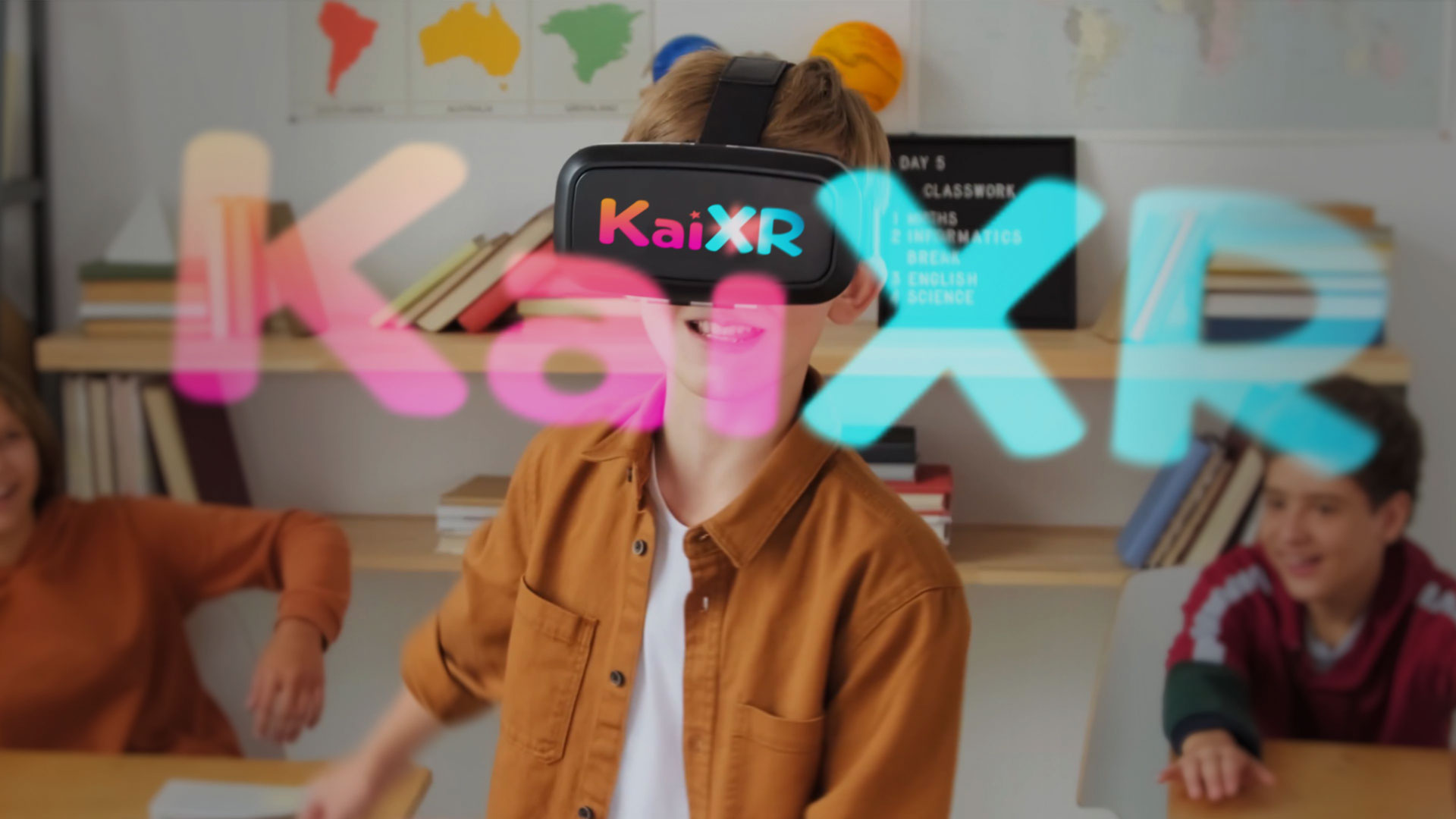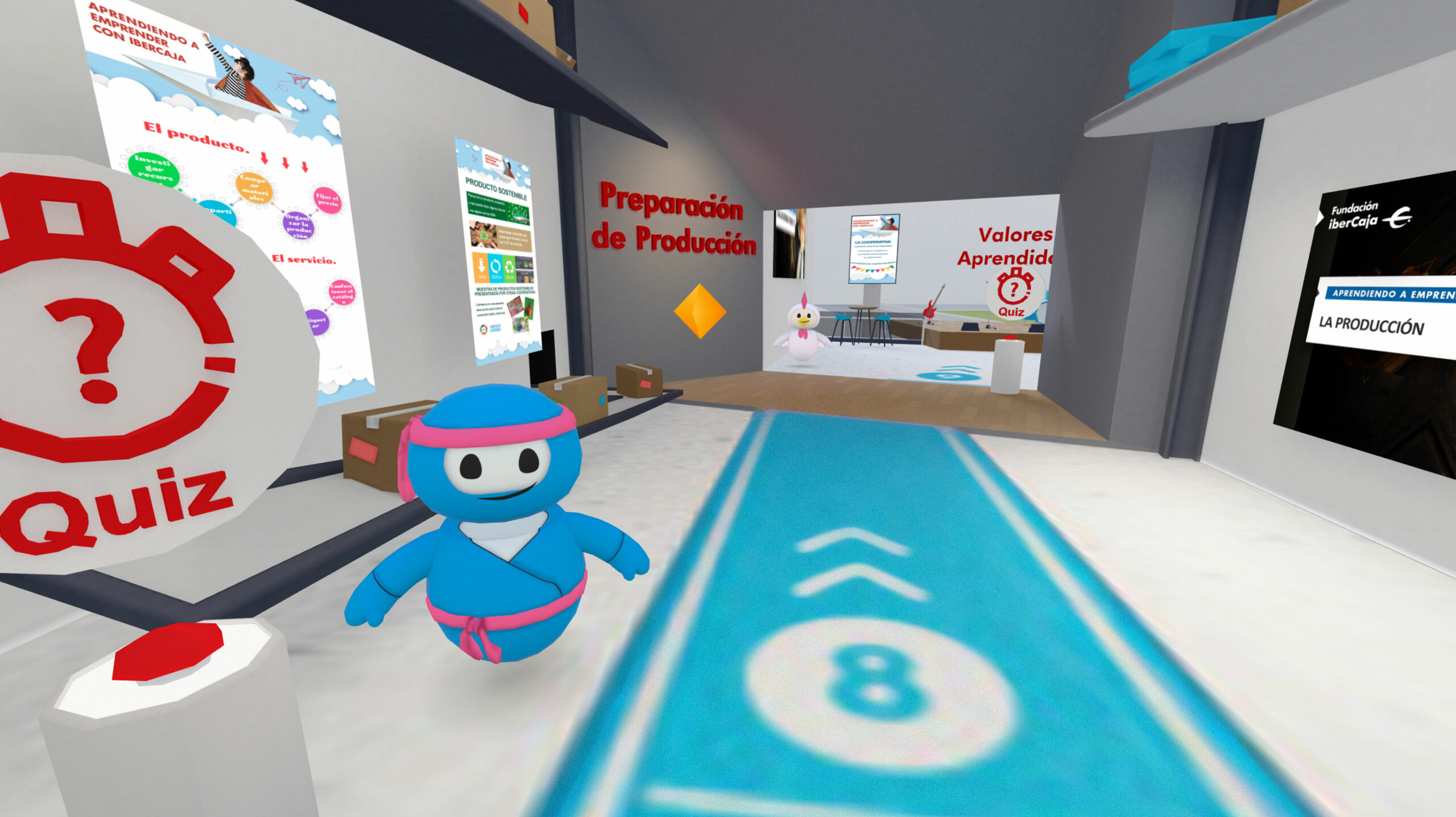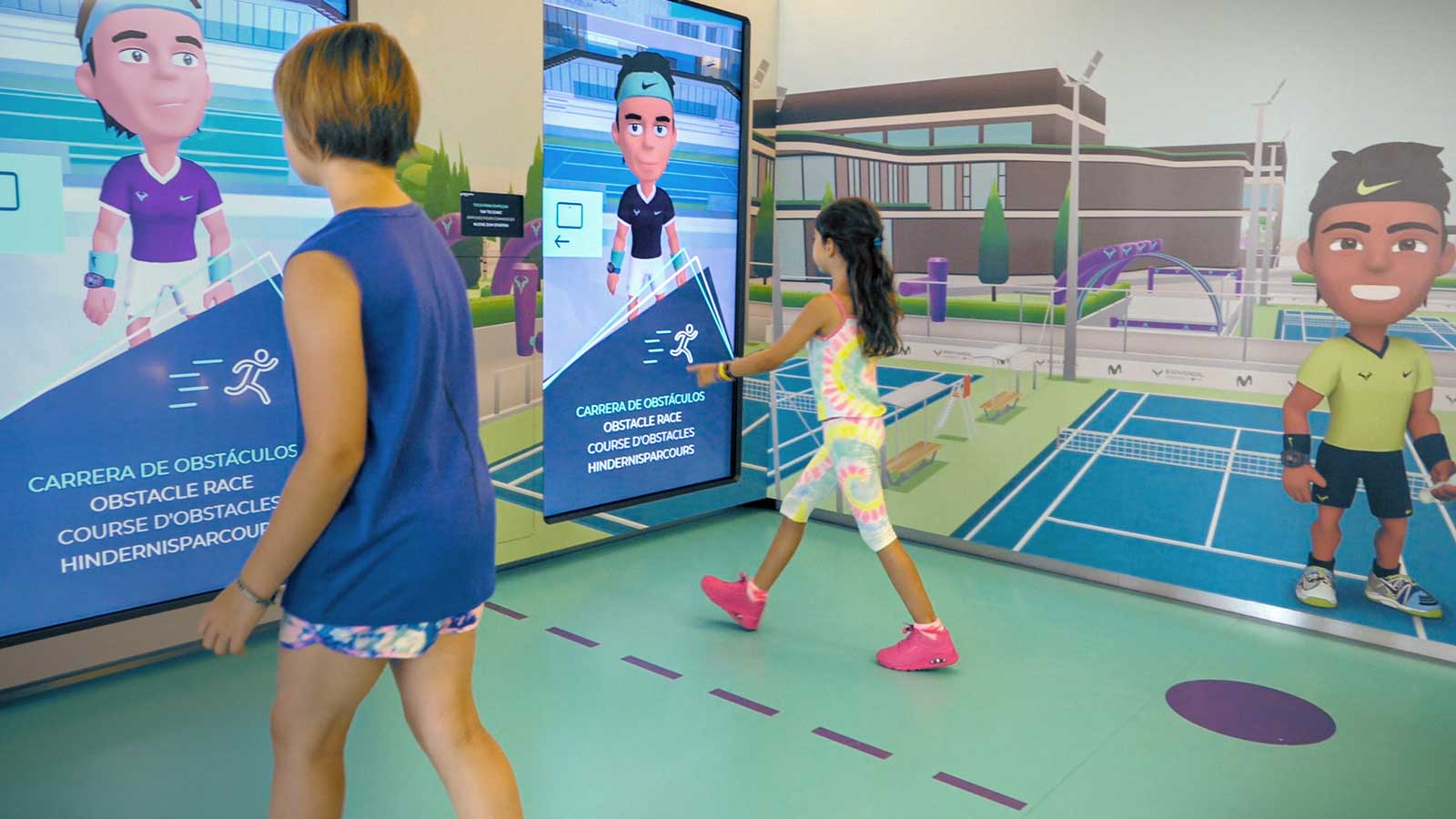Artificial Intelligence Revolution in Education
When we talk about Artificial Intelligence we refer to the set of technologies, processes and algorithms that allow machines to think/act like human beings. By adapting to different situations and performing tasks that normally require human intelligence.
These algorithms are feedback and learn on their own through data training. A combination of machine learning models, Big Data and strategies that perform tasks such as pattern recognition or even decision making.
Artificial Intelligence in education represents a revolution, since it fundamentally transforms how education is delivered and received.. By automating administrative tasks and personalizing learning, AI frees educators from repetitive and bureaucratic burdens.
Tools such as intelligent tutors or training simulations with Artificial Intelligence enrich the learning experience. Making it more accessible, personalized, attractive and effective.The content is adapted to the individual needs of each student.
If you are interested, you can learn more about AI in → IGenerative Artificial Intelligence: definition and main applications.
Advantages of AI in education
The way students learn is changing, as is the way we communicate, interact with the world around us, and interact with technology. The Augmented Realitythe Virtual Reality or the phygital experiences focused on the educational field propose new ways of deepening knowledge and training itineraries.
By integrating technologies such as Artificial Intelligence into education, we create highly adaptive and personalized learning environments that respond to the individual needs of each student, preparing them for the challenges of tomorrow.
These are the three main advantages of applying AI in the classroom:
Immediate feedback
AI systems and algorithms can quickly evaluate students' responses, which is an advantage for both students and teachers to have a immediate feedback on their learning progress. This allows students to understand and correct their mistakes in real time, facilitating more efficient and effective learning. And for teachers, to be able to have a more detailed control of their students' progress.
A learning method that is reinforced if implemented with the most gamified learning techniques. Game mechanics, challenges that take student motivation to the next level.
You may be interested in → What is gamification: benefits and examples
Personalization of learning
Linked to the above, another of the advantages that Artificial Intelligence offers in the educational field is the customization. The respond to the individual needs of each student. Not only when posing questions and challenges adapted to their level of knowledge, but also so that teachers can analyze the progress of students with a personalized approach.
By relying on AI, teachers can see each student's strengths and areas for improvement and come up with new, adapted learning strategies. Each student is different and the Artificial Intelligence in the classroom allows everyone to understand and advance in their training at their own pace and with the teaching method that works best for them.
Increasing digital competencies
The integration of Artificial Intelligence in education not only enriches subject specific learning, but also prepares students for the digital future by increasing their digital competencies. By regularly interacting with AI-based platforms, students become familiar with advanced technologies that are critical to the present and future of business.
This constant contact helps to develop essential skills, such as the ability to technological problem solving, critical thinking in digital environments and the ability to work effectively with data and automated tools.
A success story of the AI applied to education that meets these three characteristics can be found in V-E-G-A, the hyper-realistic virtual avatar which tutors new technologies thanks to its Artificial Intelligence engine and its training in this specific area. V-E-G-A adapts to the user's level of technological knowledge and answers all their questions about the latest innovations and technological advances.
Disadvantages of Artificial Intelligence in the educational field
The integration of Artificial Intelligence in the educational field has only been in operation for a short time, so at present it has some disadvantages that need to be taken into account and improved in view of the prosperous future that awaits AI in education.
1. Reduction of human interaction.
This is, without a doubt, one of the main concerns of AI and, in general, the digital transformation that education is experiencing. Direct contact between students and teachers is crucial for emotional and social development, so we must foster an empathetic and responsive learning environment, where more humanized technology helps us to connect, not distance ourselves.
Large investment
Today, implementing AI systems in teaching methods requires a significant investment in technology and training. It is important not only to acquire the hardware, but also the technological know-how to effectively use these new educational tools and get the most out of them.
3. Data privacy and security
Undoubtedly, data cybersecurity is one of the key issues when talking about Artificial Intelligence. AI-based systems collect and process large amounts of personal information, which makes it essential to implement robust measures to protect this data against unauthorized access and security breaches.
Applications of Artificial Intelligence in Education
After learning about the advantages and disadvantages of implementing the different types of Artificial Intelligence in educational projects, it is time to take a more in-depth look at the applications that this technology offers us in the field of training.
The AI is revolutionizing the education sectorPersonalizing learning methods, providing more interactive and adaptive environments and offering new key tools for today's world.
These are the three main applications of AI in education:
1. Exploratory learning environments
Immersive learning environments are not a novelty, but their enrichment with AI systems to make them more autonomous and open, achieving that they are adapt in real time to all student actions.
In these exploratory learning environments students take control of the simulation and it adapts as the situation progresses.
Enabling students to learn from your mistakes in a 3D environment that does not affect the real world, helping them to train in complicated tasks, in trying different paths and above all, allowing them to be creative, autonomous and looking for new routes to reach the final result. Simulated environments such as the Virtual Trainings in the industrial and healthcare sectors, such as the Boehringer Ingelheim Virtual Reality Training or of Global Spedition.
Learn more about this technology applied to the health sector at Virtual Reality and medicine: applications in the healthcare sector.
2. Language learning
AI is radically changing the way students learn languages. Using the speech recognition and natural language processingAI systems can help students improve their pronunciation, grammar and vocabulary more efficiently.
These systems offer instant and personalized feedback, allowing students to see their mistakes and progress in real time. In addition, AI can simulate conversations with native speakers of any languageproviding immersive language practice without leaving the classroom.
3. Intelligent tutoring
Undoubtedly, one of the main advantages offered by the application of AI in education is that it is an accessible tool for users, regardless of the time, date, place or difficulty of the question, Artificial Intelligence is always available to continue learning. Thus, the figure of intelligent tutors grows in the educational field.
These AI systems attend to all student queriesThey launch new challenges, offer additional explanations and resources, and evaluate learner performance. Identifying strengths and areas for improvement, adjusting learning materials for each learner.
Tutors that can be customized through virtual avatars equipped with Artificial Intelligenceas in the case of the avatar IA of Miguel de CervantesWho better than the Spanish writer himself to explain the impact that Don Quixote has had on world literature?
Artificial Intelligence projects in education: AI avatars by Imascono
Whether through 3D simulations, customized teaching materials or even hyper-realistic avatars of our great figures of world history, Artificial Intelligence projects for students are already a reality. And they are going to be key players in the future of education.
At Imascono we believe that the introduction of Artificial Intelligence in education has to help us to be much more agile in our way of learning, to be more aware of the different rhythms of each student and to naturalize our interaction with the digital world. A humanization of technology that goes through AI avatarshyperrealistic tutors that through voice, chat and text facilitate interaction with students.
Would you like to learn more about our Artificial Intelligence projects in the educational field? Contact with us and our engineering team will be happy to answer all your questions.





